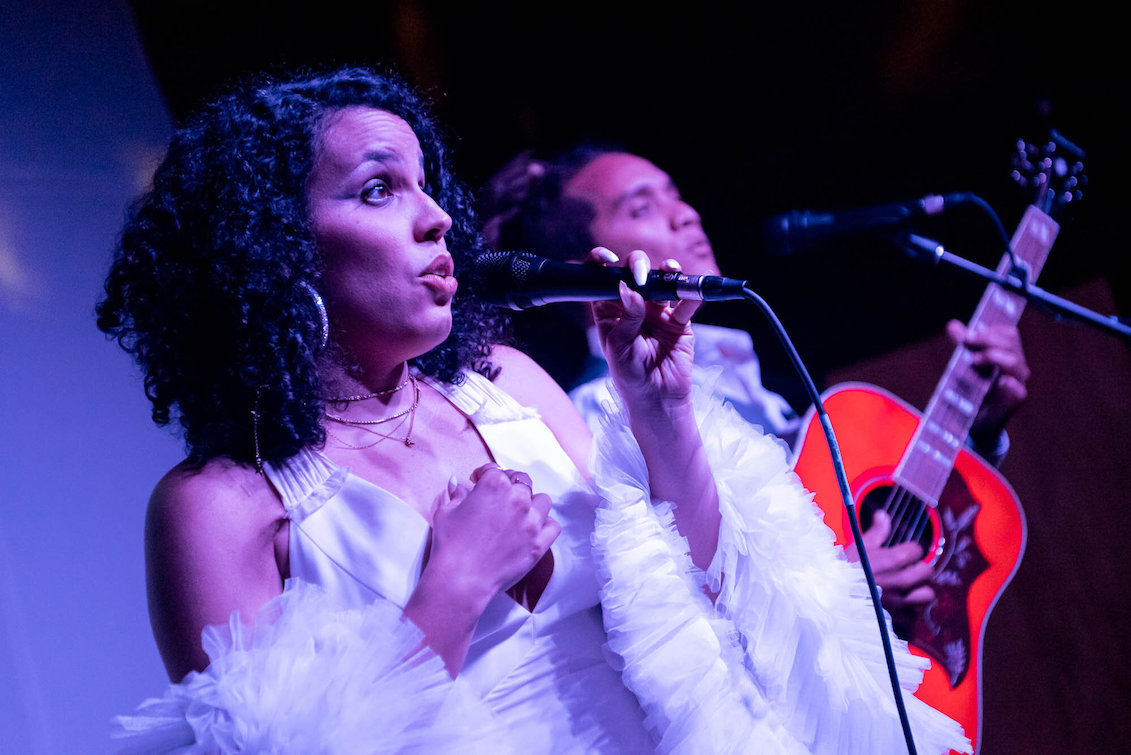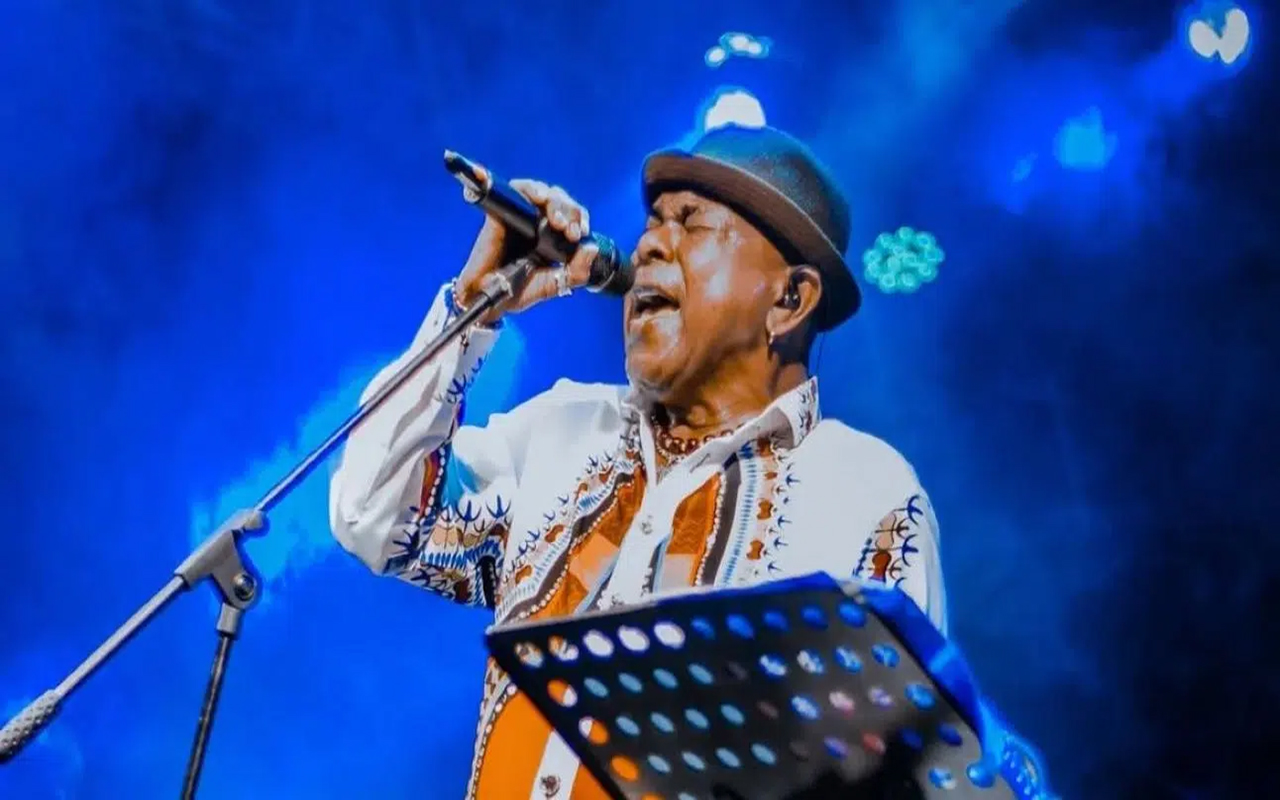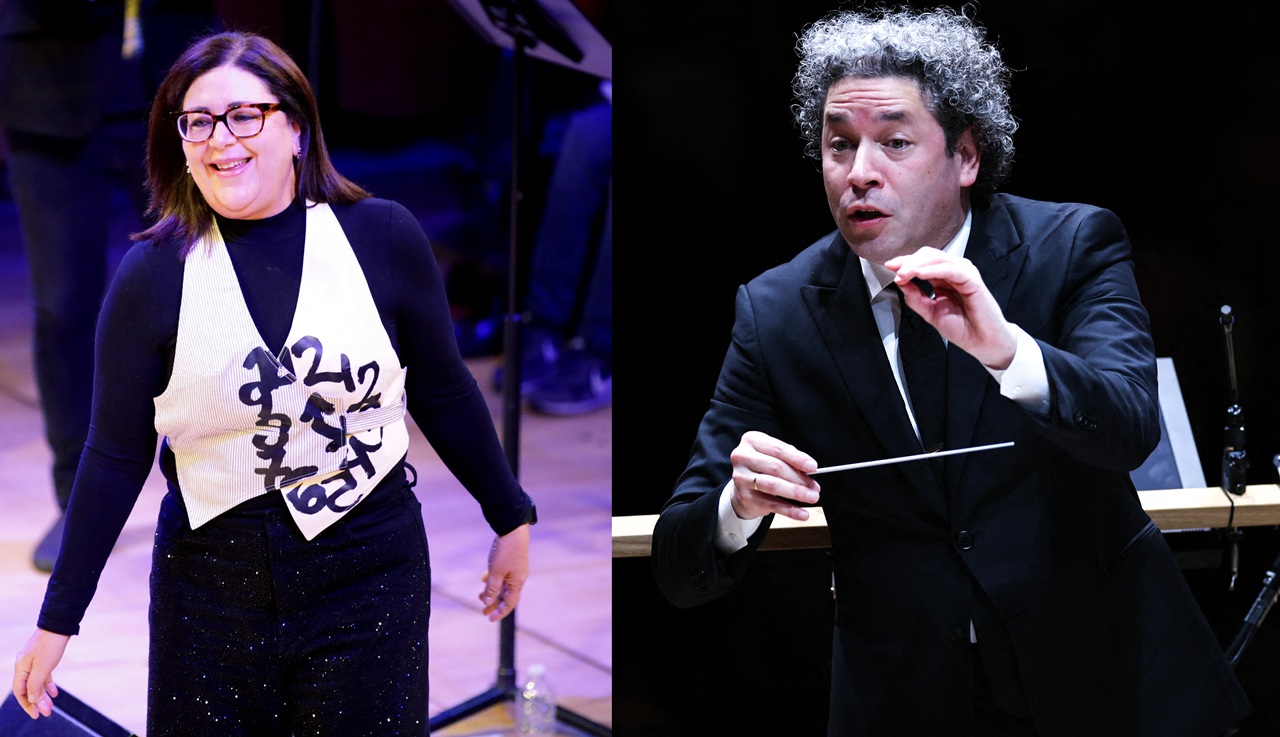
Rehearsing Philadelphia embraces non-professional and beginner musicians for public orchestra
AL DÍA spoke with singer Xenia Rubinos to learn more about her involvement in a project hoping to breed togetherness among all different types of musicians in…
Rehearsing Philadelphia — a new collaborative public arts program — embraces musicians, professional or nonprofessional, for their public orchestra.
The project has set out to explore our restored and growing togetherness after reckoning with COVID-19’s role in our lives.
Created by Berlin-based composer and artist Ari Benjamin Meyers, in collaboration with Drexel University’s Westphal College of Media Arts & Design and the Curtis Institute of Music, Rehearsing Philadelphia hopes to reach their goal through rehearsal.
The Pew Center for Arts & Heritage also supported the project by offering its first inter-institutional collaborative grant.
The project hopes to “bring together artists of all backgrounds to create shared experiences and encourage important dialogue, both in-person and through a parallel digital space.”
A major aspect of the project is to form a “first Public Orchestra,” which will comprise 50 Philadelphia-based musicians. The public orchestra will perform newly-commissioned works by international composers.
The recent round of submissions recently ended, and Rehearsing Philadelphia will host public rehearsals sometime next March or April.
Rehearsing Philadelphia is welcoming these local and international, professional and non-professional musicians, performers and composers to participate at their to-be-established venues, which will be held at locations, such as City Hall and Cherry Street Pier.
Singer Xenia Rubinos is one of the minds at the center of Rehearsing Philadelphia’s efforts, and she recently spoke to AL DÍA about her role.
Rubinos is a vital member of the project, and will be playing a key cog in the development and performance of the project along with Meyers.
Rehearsing Philadelphia has laid out a personal model detailing their ideal definitions of rehearsal, believing that everything is a rehearsal, and there are no final performances in a traditional sense.
The project’s full manifesto can be read here. On their site, Rehearsing Philadelphia states:
“The traditional musical preparation process focuses on rehearsing as a way to attain perfection, which is then repeated in performance. This is not how we live modern life in a rapidly changing world of social upheaval. The future will be rehearsed, not perfected.”
Rehearsing Philadelphia is seeking to re-examine the rehearsal process, and empower others to work together and create new realities.
It was Meyer that brought Rubinos into the fold of the project.
After hearing of the project’s opening to non-professional musicians, Rubinos was reminded of her earliest experiences making music.
“[Rehearsing Philadelphia] reminds me of when I was growing up in Hartford,” said Rubinos. “There was a Summer school program, basically, for inner-city kids and we got to meet everyday and learn about music. All of us had different levels of music training at that point.”
During the program, Rubinos and her class were taught by their teacher how to build their own instruments with recycled materials found around their homes.
Using their instruments, the students were taught how to create their own musical notation, despite everyone being able to read music.
In her career, Rubinos has released three solo albums, and tours with a separate project. Her background in music influences her work on Rehearsing Philadelphia.
“When Ari was talking to me about [Rehearsing Philadelphia], it really brought me back to that moment,” said Rubinos.
RELATED CONTENT
More particularly, Rehearsing Philadelphia reminded Rubinos of each person’s ability to create art and music.
“It’s really exciting to have a space like this, that underlines the fact that we all have a creative ability,” said Rubinos. “We have something that we can add and we can share, and it’s not necessarily about how proficient you are as a player.”
She believes in the principle that music can be a space of expression for everyone, and that everyone hears music differently.
With the well-established presence of the Internet in the music industry, anyone can make and share their music, further expanding the definition of what it means to be a musician.
“Non-musicians making music are all around us,” said Rubinos. “It’s refreshing to bring that aesthetic… that idea… to a more ‘classical,’ orchestra setting.”
Rehearsing Philadelphia hopes to tackle harmful structures currently in place in the music industry — whether they be patriarchal or based in white supremacy — which facilitate hate and disenfranchisement.
In an effort to move onto better days, Rehearsing Philadelphia seeks to embrace togetherness.
“This pandemic has highlighted the inequalities we already knew were present in our communities... how communities of color and people living in the margins were so vastly affected by this pandemic,” said Rubinos.
The project seeks to create a space where ideas and music can be shared to support this goal of togetherness.
Speaking to the concept of togetherness, Rubinos’ latest LP, Una Rosa, allowed the singer to embrace collaboration more than before due to being a bit more closed off.
“I was collaborating with my partner, Marco Buccelli… we’ve been working together for over a decade… our collaboration on this record was so different because of where I found myself as a person,” said Rubinos. “I was just so much more open to our collaboration.”
Rehearsing Philadelphia is in a stage of development, but things are moving quickly. Those interested can stay up to date on the project or to learn more here.











LEAVE A COMMENT: